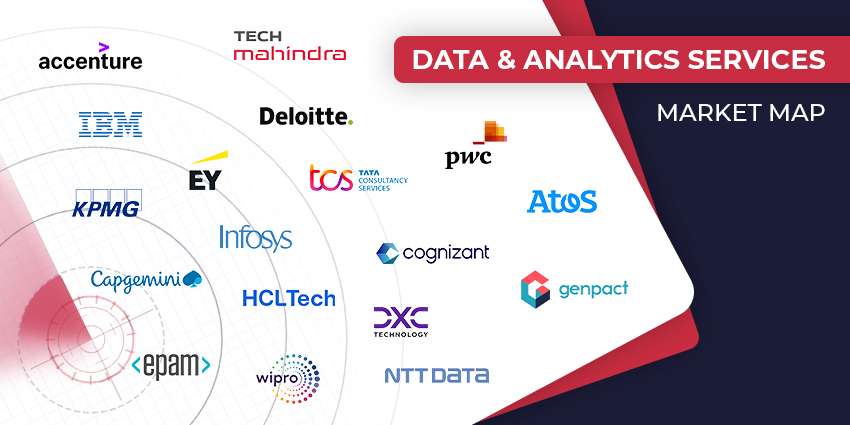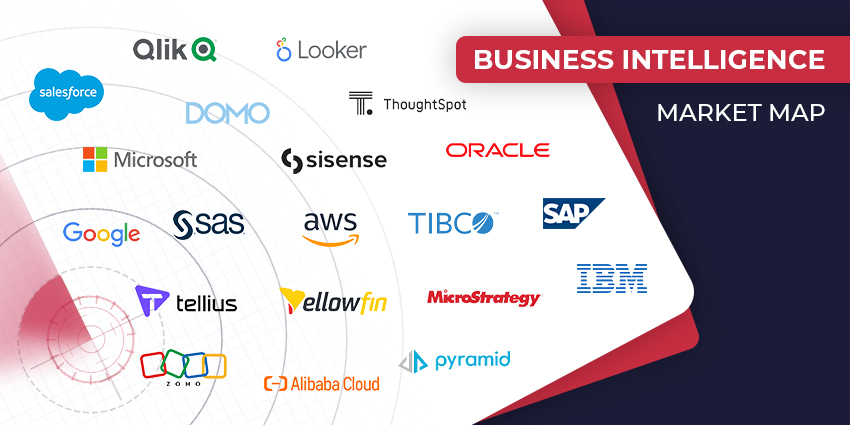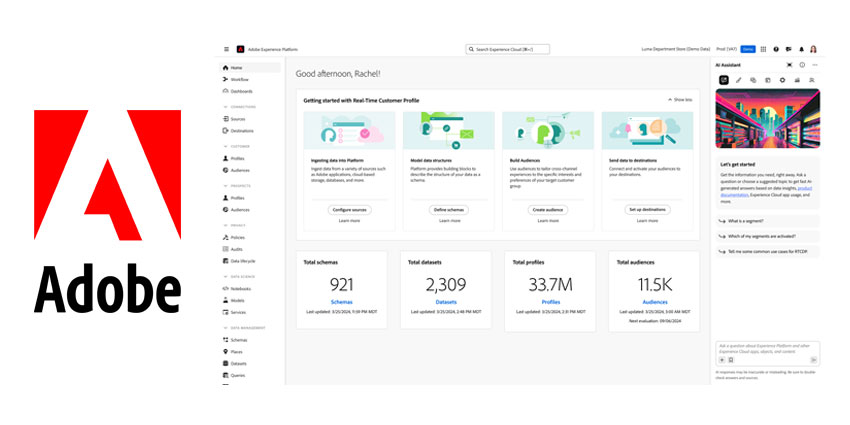Data helps organisations make better decisions and avoid past errors. In 2021, tech companies have seen a 41% rise in demand for business intelligence and data analytics features, and demand for BI analysts is also expected to grow by 21% by 2024. One of the key concepts to know when leveraging business intelligence is key performance indicators or KPIs.
Defining KPIs in the Context of Business Intelligence
You can KPIs as variables that denote quantifiable performance, used to tag and classify findings in a business intelligence report and align data with business-relevant performance measures. As you can see, KPIs are an integral part of business intelligence, with five vital areas of intersection.
5 Reasons Why BI and KPIs are Interrelated Concepts
- KPIs tell you what to look for in business intelligence reports
KPIs denote the exact performance indices you are looking for and the aspect of performance you want to investigate. For example, if you want to study the quality of customer experience, evaluating CSAT scores for the last five years or across product lines is one way to do it. Or, you could look at changes in customer effort scores over the same period. The KPIs you choose will determine the data filters and search parameters you apply in a business intelligence dashboard.
- BI findings should inform future KPIs
In the long term, business intelligence will determine which performance indices you need to measure. To take a simple example, if over a period of time, customer interactions in a specific contact centre location after 10 pm is resulting in an unusually low CSAT, then customer satisfaction during graveyard shifts for that location could be an important KPI. In other words, BI makes performance measurement more tailored to your business needs.
- Organisational KPIs help tailor BI solutions
KPIs also play an important role in BI solution selection. In case you have opted for a custom-built business intelligence product, the development and implementation princess will depend entirely on the KPIs you choose. This is a key factor influencing UI design, role-based access controls, and backend integrations to ensure connectivity with systems that produce data relevant to your KPI requirements.
- Knowledge of KPIs is a key characteristic of business analysts
While data scientists, data product experts, and IT practitioners bring a lot of technical expertise, what sets a business analyst apart is familiarity with KPIs. Business analysts must be familiar with the dynamics of business performance, the operational targets to be reached, and the metrics that indicate success/failure. This is among the key skills one looks for in a BI professional.
- Clear KPIs help keep BI projects on track
Most business intelligence solutions have to be partially customised to meet unique requirements, and KPIs are an important part of this process. Theoretically, one could keep finetuning a BI dashboard to perfectly optimise the visualisation, enable ease of use, etc., resulting in cost overruns. KPIs ensure BI projects are restricted to only the essential functional and non-functional requirements, getting implementations live on time.







